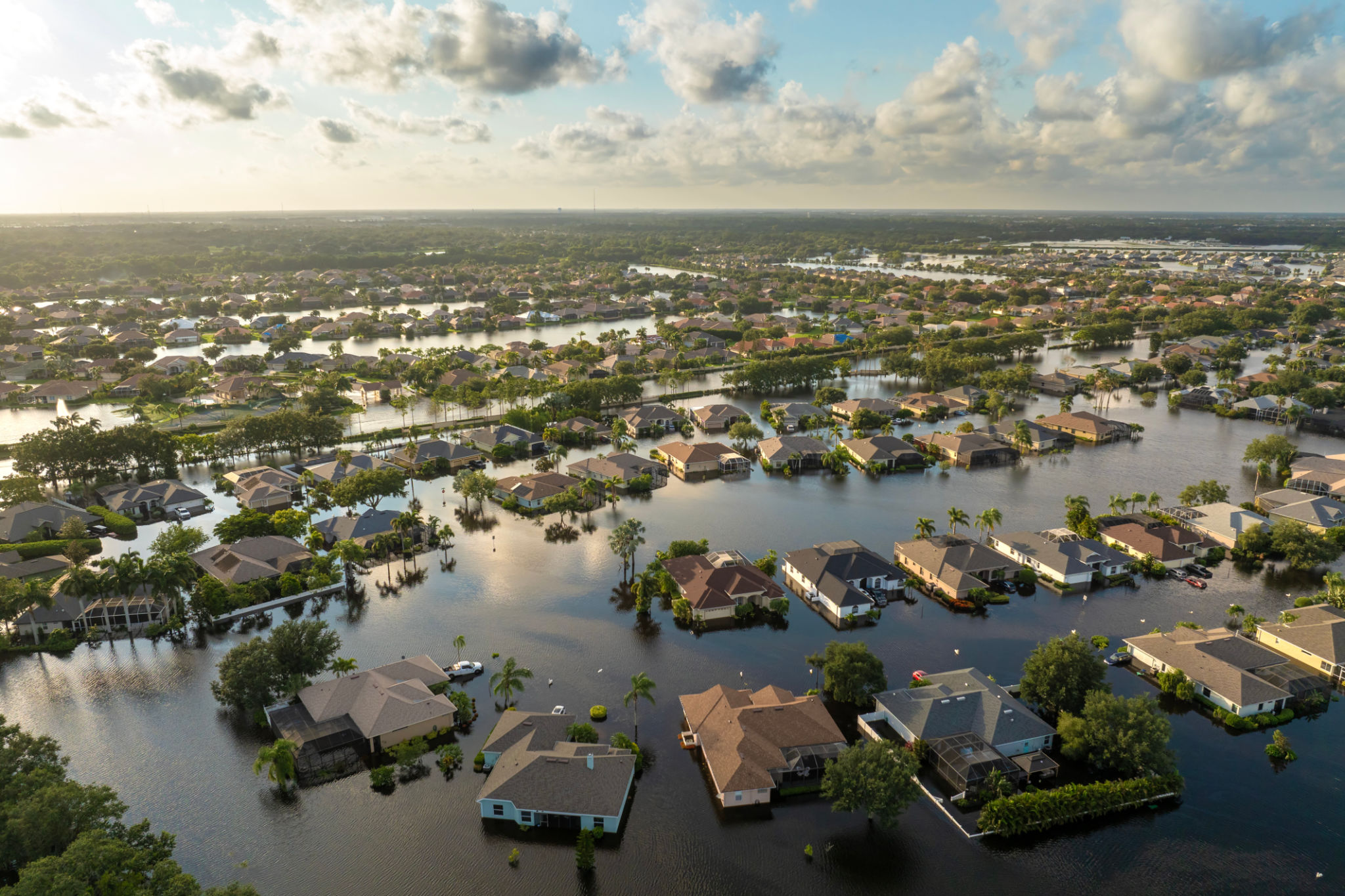The Impact of Weather on Industrial Real Estate in Lakeland: What Buyers Should Know
Understanding Lakeland's Climate
Lakeland, Florida, known for its sunny weather and subtropical climate, experiences a variety of weather conditions that can significantly impact industrial real estate. From intense summer heat to tropical storms, the weather patterns in Lakeland can pose both challenges and opportunities for property buyers. Understanding these factors is crucial for making informed investment decisions.

Heat and Humidity Considerations
The high temperatures and humidity levels typical of Lakeland can affect industrial properties in several ways. Firstly, buildings may require more robust cooling systems, which can increase operational costs. Additionally, the humidity can lead to moisture-related issues such as mold and mildew, potentially damaging property and inventory. Buyers should ensure that properties have adequate ventilation and climate control systems to mitigate these risks.
Storms and Hurricanes
Lakeland is occasionally impacted by tropical storms and hurricanes. These severe weather events can cause physical damage to buildings and infrastructure, leading to costly repairs and downtime. It is essential for buyers to consider the resilience of a property's structure and its ability to withstand high winds and heavy rainfall. Investing in properties with reinforced roofing and storm-resistant features can help safeguard against potential storm damage.

The Role of Flood Zones
Flooding is another critical issue that buyers must evaluate when considering industrial real estate in Lakeland. Certain areas are more prone to flooding due to low elevation or proximity to water bodies. Understanding flood zones and the potential for water damage is key to avoiding unexpected expenses. Buyers should consult flood maps and consider properties with proper drainage systems and elevated construction to minimize flood risk.
Insurance Implications
The local weather conditions directly influence insurance costs and requirements for industrial properties. Properties located in high-risk areas for storms or flooding may have higher insurance premiums. Buyers need to factor these costs into their financial planning and ensure they have adequate coverage to protect their investment. Consulting with insurance professionals familiar with the Lakeland market can provide valuable insights.

Opportunities Amidst Challenges
Despite the challenges posed by Lakeland's weather, there are also opportunities for savvy investors. The demand for industrial space continues to grow, driven by the area's thriving business environment and strategic location between Tampa and Orlando. Properties equipped to handle the local climate can command higher rents and attract long-term tenants seeking reliable facilities.
Energy Efficiency and Sustainability
Investing in energy-efficient properties can offer significant advantages. Buildings designed with sustainability in mind can reduce energy costs while appealing to environmentally-conscious tenants. Features like solar panels, energy-efficient HVAC systems, and sustainable building materials not only enhance a property's resilience but also increase its marketability.
In conclusion, while the weather in Lakeland presents certain challenges for industrial real estate buyers, it also offers unique opportunities. By understanding the local climate's impact and investing in resilient, efficient properties, buyers can make informed decisions that enhance both the longevity and profitability of their investments.
